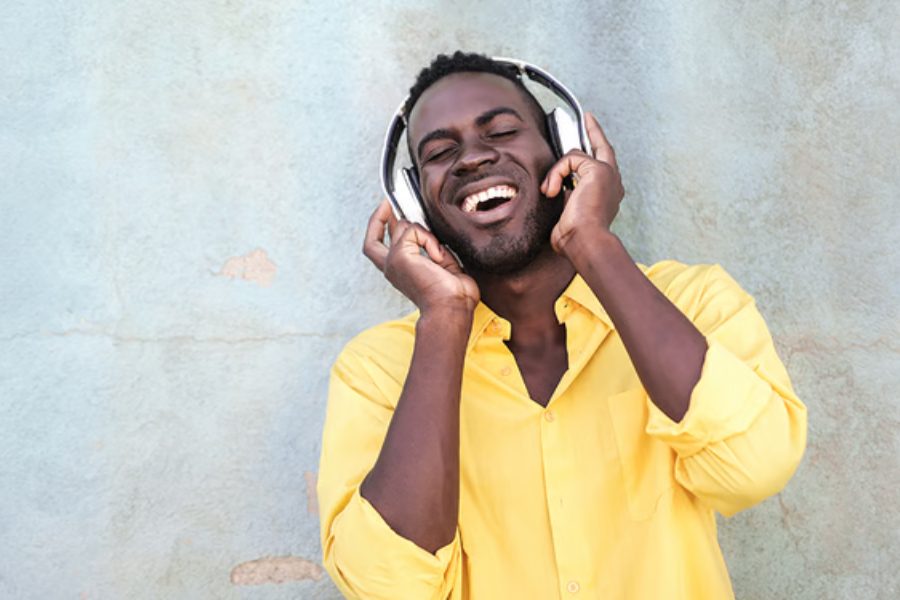Harnessing the Power of Music for Physical and Cognitive Recovery

Music has the incredible ability to surpass geographical boundaries, cultural differences, and time periods, making it a universally understood language. It possesses the remarkable power to evoke profound emotions within us, ignite our creative spirit, and facilitate meaningful connections between individuals. However, music also holds an extraordinary potential as a valuable aid in the process of healing both physically and mentally.
The Science Behind Music and the Brain
Studying the connection between music and our brain is fascinating. The influence of music on our emotions has been widely recognized, but recent studies show that it goes beyond that to deeply affect our brain functions.
When we listen to music that we love, it prompts the release of dopamine, a hormone known for its ability to make us feel good. This reaction mirrors the pleasure we experience from eating our favorite meal or watching an exciting movie. As such, this neurological response holds immense potential to enhance our overall well-being in various ways.
Physical Recovery and Music
Music’s capacity to stimulate neurochemical reactions and encourage neuroplasticity makes it an excellent tool for physical rehabilitation. Here’s how.
Chronic Pain Management
Research has found that listening to music helps to reduce the perception of chronic pain. It’s not that the pain disappears, but music can act as a distraction, helping to lower the amount of pain we perceive.
Motor Skills Recovery After Stroke
Music, particularly rhythm, can aid in the recovery of motor skills after a stroke. For instance, ‘rhythmic auditory stimulation’, where a patient moves in time with a beat, can enhance their movement coordination and speed, assisting in walking and arm movements.
Respiratory and Cardiac Rehabilitation
Singing or playing wind instruments can strengthen respiratory muscles and improve lung function. Music’s relaxing effects can help lower heart rate, blood pressure, and stress levels, which can all aid in cardiac rehabilitation.
Cognitive Recovery and Music
Music is not only helpful in physical rehabilitation but also in cognitive recovery. Here’s how.
Memory Recovery
Melodies and rhythms can act as a scaffolding for recalling memories. This is the reason you can remember the lyrics of a song you have not heard in years. This property of music can be particularly beneficial for people struggling with memory-related issues.
Speech Rehabilitation
Music can assist in speech recovery after a stroke or brain injury. This is often done through a method called ‘melodic intonation therapy,’ where patients learn to sing phrases they find hard to speak. Over time, they can transition from singing to rhythmic speech, then eventually to normal speech.
Managing Cognitive Disorders
Music has shown potential in managing cognitive disorders like Alzheimer’s and dementia. Music-based activities help improve attention, memory, and emotional wellbeing in those suffering from these conditions.
Practical Applications of Music Therapy
Given these potential benefits, how can we practically apply music therapy in our lives? Here are some strategies.
Music Therapy Techniques
There are several ways to incorporate music into a recovery program. Passive listening to music, actively playing an instrument, singing, and even composing music are all techniques that can be beneficial.
Selecting the Right Music
The choice of music is highly personal and depends on individual tastes. But as a general rule, the experts at Maloca Sound (https://malocasound.com/) say you should choose music that brings joy, induces relaxation, or encourages movement, depending on the goal of the music therapy.
Conclusion
The power of music in aiding physical and cognitive recovery is remarkable. Music then is more than just a source of entertainment. It is indeed a universal language of healing and recovery.